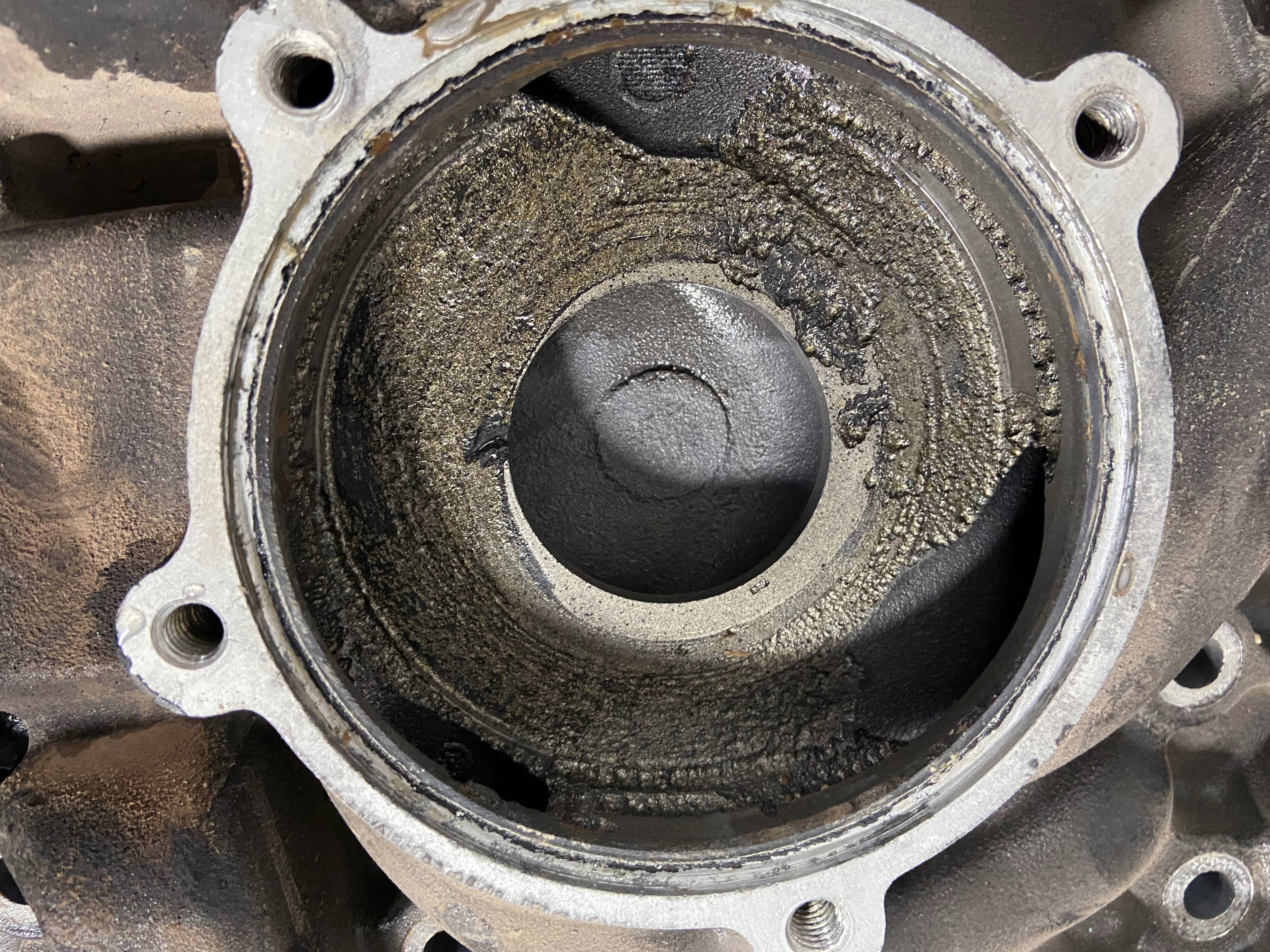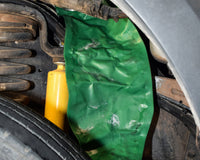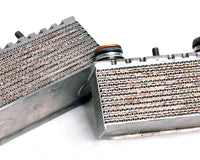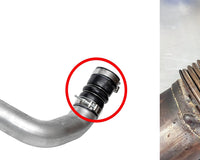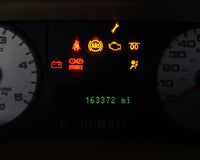Cavitation in diesel engines can be a destructive problem and you may not even know is happening until it is too late. Inside a diesel engine, cavitation most frequently affects water pumps, water pump housings, and cylinder walls. Cavitation erosion of water pump impellers and areas around the water pump can cause a drop in coolant flow and eventually cause an overheating condition of the engine. If caught early, cavitation can be stopped but if not caught in a timely manner, the worst case could be the need for a new engine.
What is cavitation? Simply put, cavitation is the formation of tiny vapor filled

bubbles due to areas of low pressure in the cooling system. When these bubbles implode or collapse near metal or plastic surfaces, they can erode the surface eventually causing leaks or even component failure. The rough surface caused by the initial cavitation damage can exacerbate the problem and cause the acceleration of further erosion.
So, what causes cavitation? The main causes of cavitation in an engine’s cooling system are low coolant level, poor coolant maintenance, using an incorrect coolant for the engine, having an incorrect coolant to water mixture, and restrictions in the cooling system.
Having a low coolant level due to leaks, blown head gasket, or even a faulty radiator cap, can allow air into the cooling system or a change in the system pressure. Having air in the cooling system can cause areas of low pressure to develop inside the cooling system. These low-pressure areas are usually on the suction side of the water pump. As coolant is drawn into the inlet of the water pump, cavitation bubbles are formed and start to wreak havoc on the water pump and housing. If there are leaks on your diesel engine you should address them as soon as possible.
If the cooling system has not been properly maintained, cavitation could be likely to occur. Most modern engine coolants have additives in them to help control cavitation. These additives will break down over time and if not properly serviced, they can lead to cavitation damage. Over time, the coolant can become acidic, and this acidity can contribute to the effect of cavitation. Acidic coolant can cause corrosion and even electrolysis within the cooling system as well. It is recommended to service the coolant in a diesel engine by replacing it every 45,000-60,000 miles or every couple of years, depending on manufacturer specifications. There are test strips available to check the concentration and level of additive in the coolant in between service intervals. If the additive levels are low, they can be replenished. If the coolant pH is incorrect, you may be able to add more water or coolant to correct it.
Many OEM manufacturers require the use of a specific type of coolant that is compatible with the engines they manufacture. The use of a coolant that is not approved for a particular engine can lead to cavitation damage. This is usually due to a coolant that does not have the proper additives to help control cavitation. You should always use the manufacturer’s recommended fluids to be sure that your engine is being properly protected.
Coolant concentration is also very important. Too much coolant can cause an engine to run hot due to the poor thermal transfer of ethylene glycol. Too much water and the boiling point of the coolant may not be high enough to prevent overheating. Adding too much water can also lower the amount of protection from the additives in the coolant. This is also why topping off the cooling system with just water, can be a bad idea. Any time the engine runs hotter than it was intended to, the coolant may begin to boil inside the engine which can lead to cavitation.
So, as you can see, there are a lot of ways that cavitation can occur. If it happens on your truck and you catch it early, there is hope. A good preventive maintenance schedule and periodic checks of the cooling system health will go a long way towards keeping your cooling system happy and healthy. Don’t let coolant leaks linger and make sure to always use the correct coolant in the correct concentration. If you practice good maintenance, your truck will thank you for it!

